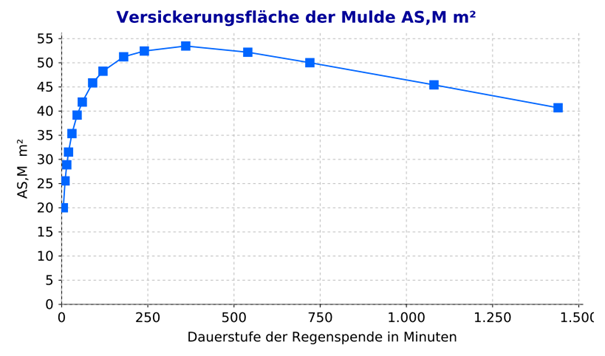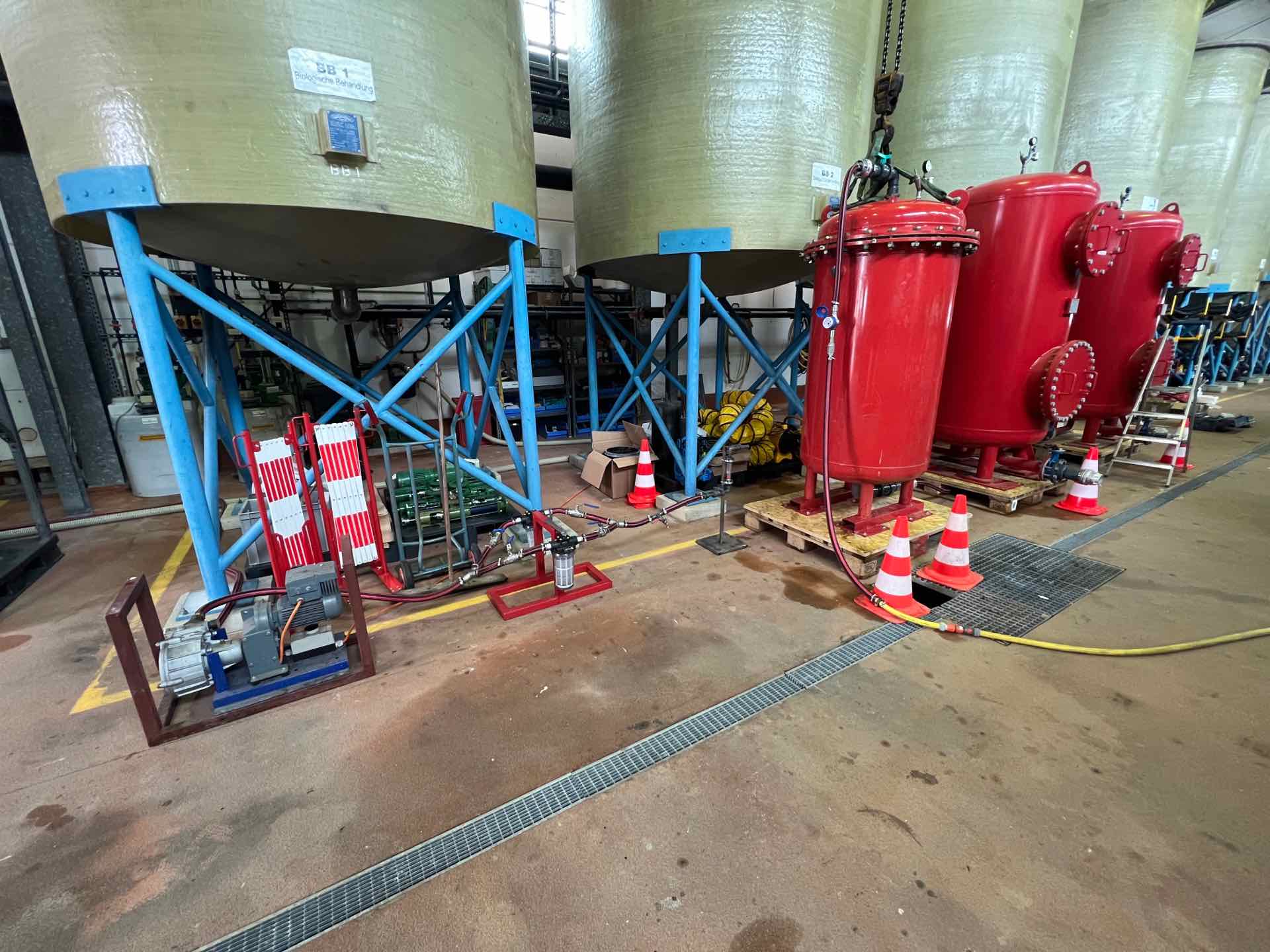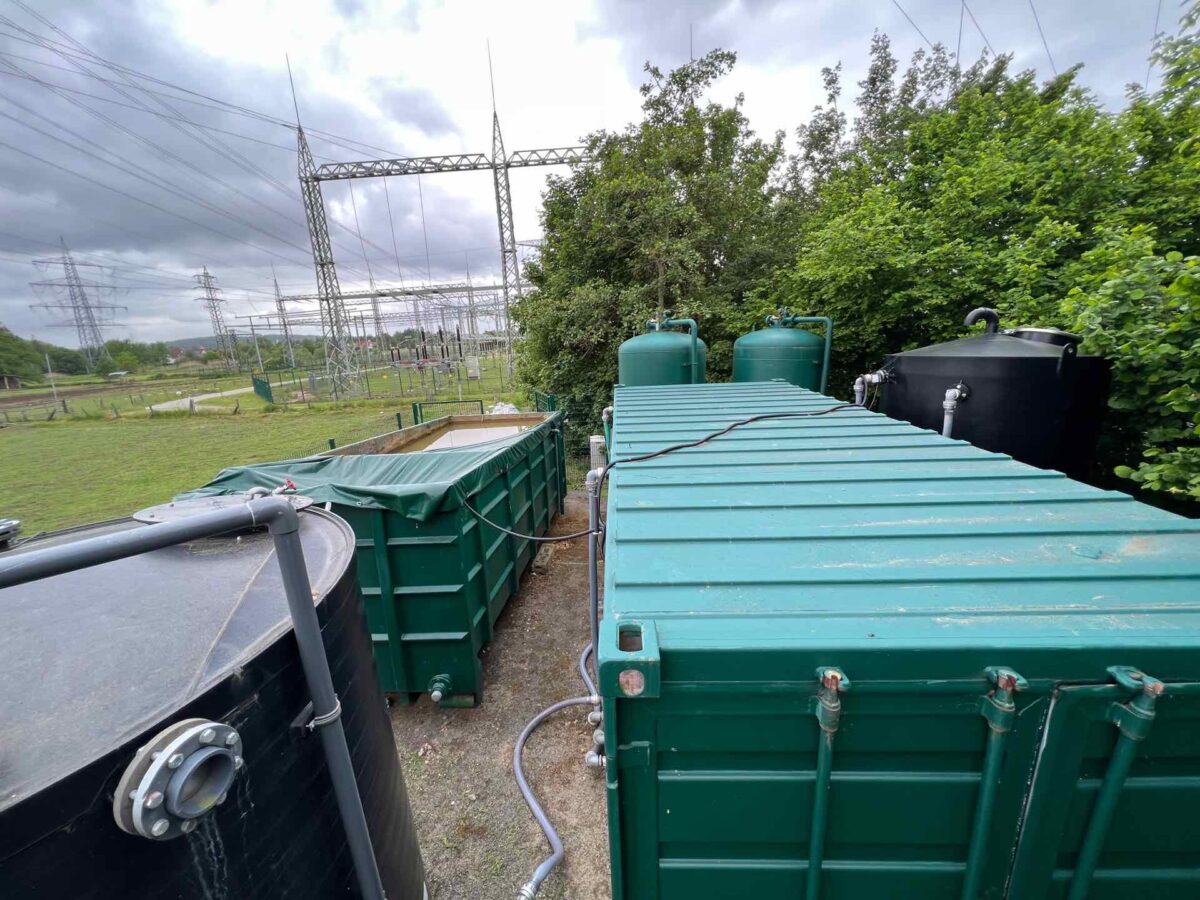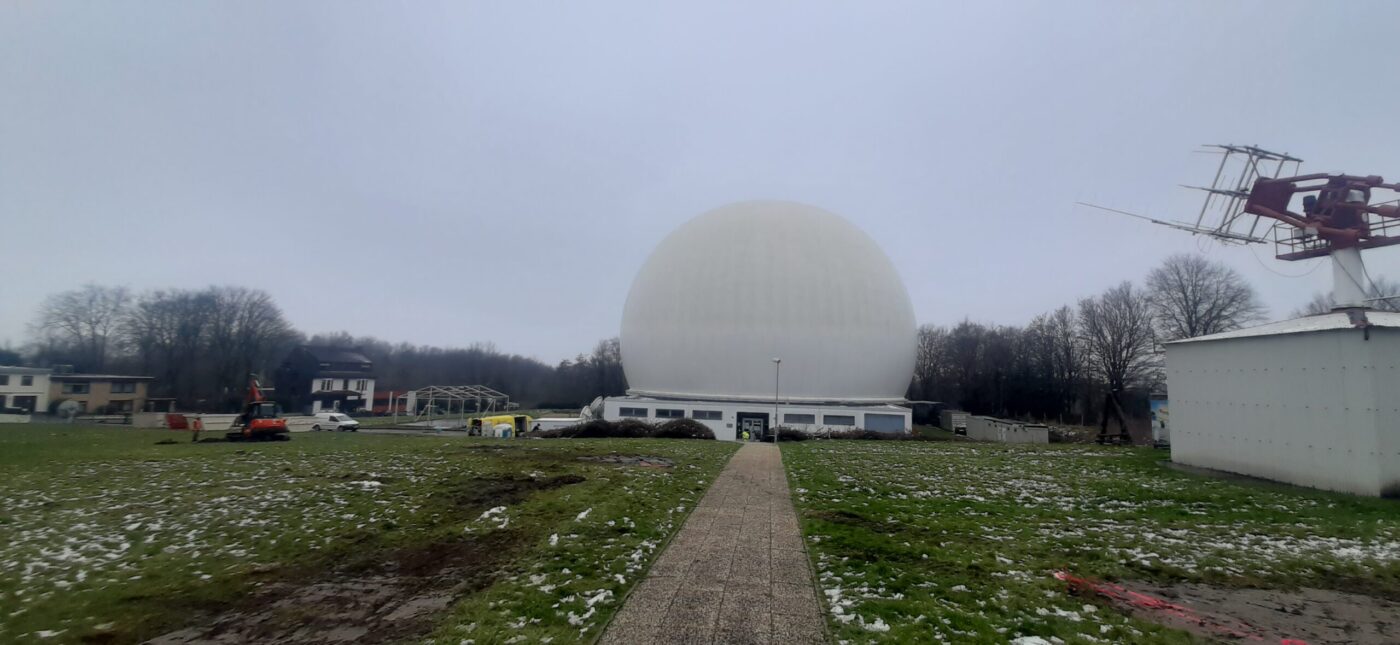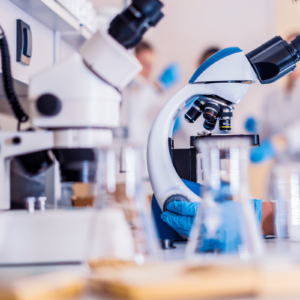

MuP Umwelttechnik GmbH in Heidelberg carries out tests on the microbiological degradation of pollutants in its own laboratories.
The following questions are investigated in laboratory studies:
- Is there microbiological degradation potential at the site?
- Are the site's own microorganisms able to break down pollutants?
- Can microbiological degradation be improved/accelerated?
- What environmental conditions do naturally occurring bacteria need for efficient pollutant degradation?
Degradation tests and feasibility studies provide site-specific data on the microbiological degradation potential and degradation-limiting factors are determined. The results can be used to assess the prospects of success of planned remediation projects.
The metabolisation of pollutants takes place under different environmental conditions. Aerobic and anaerobic processes are possible.
In the laboratory, natural conditions are simulated and analysed in different test variants with the aim of stimulating and optimising the degradation of pollutants. Experimental variants adapted to the respective problem are analysed in microcosms.
The natural degradation potential is determined as well as abiotic effects that can lead to a reduction in the pollutant concentration.
Selected processes for optimising microbiological degradation are investigated in stimulated microcosm approaches. The bacteria are supplied with the nutrients necessary for microbial degradation and the environmental conditions required for degradation are created. Metabolic processes that lead to the degradation of pollutants are activated.
Regular sampling over a period of several weeks to months forms the basis for the determination of chemical, biological and physical parameters, whereby degradation rates are determined and environmental conditions are characterised and improved.
Limiting site factors that inhibit biodegradation are recognised and eliminated.
The data obtained in the laboratory tests provide important information on the prospects of success of biological in-situ remediation and are incorporated into the development of the remediation concept.

